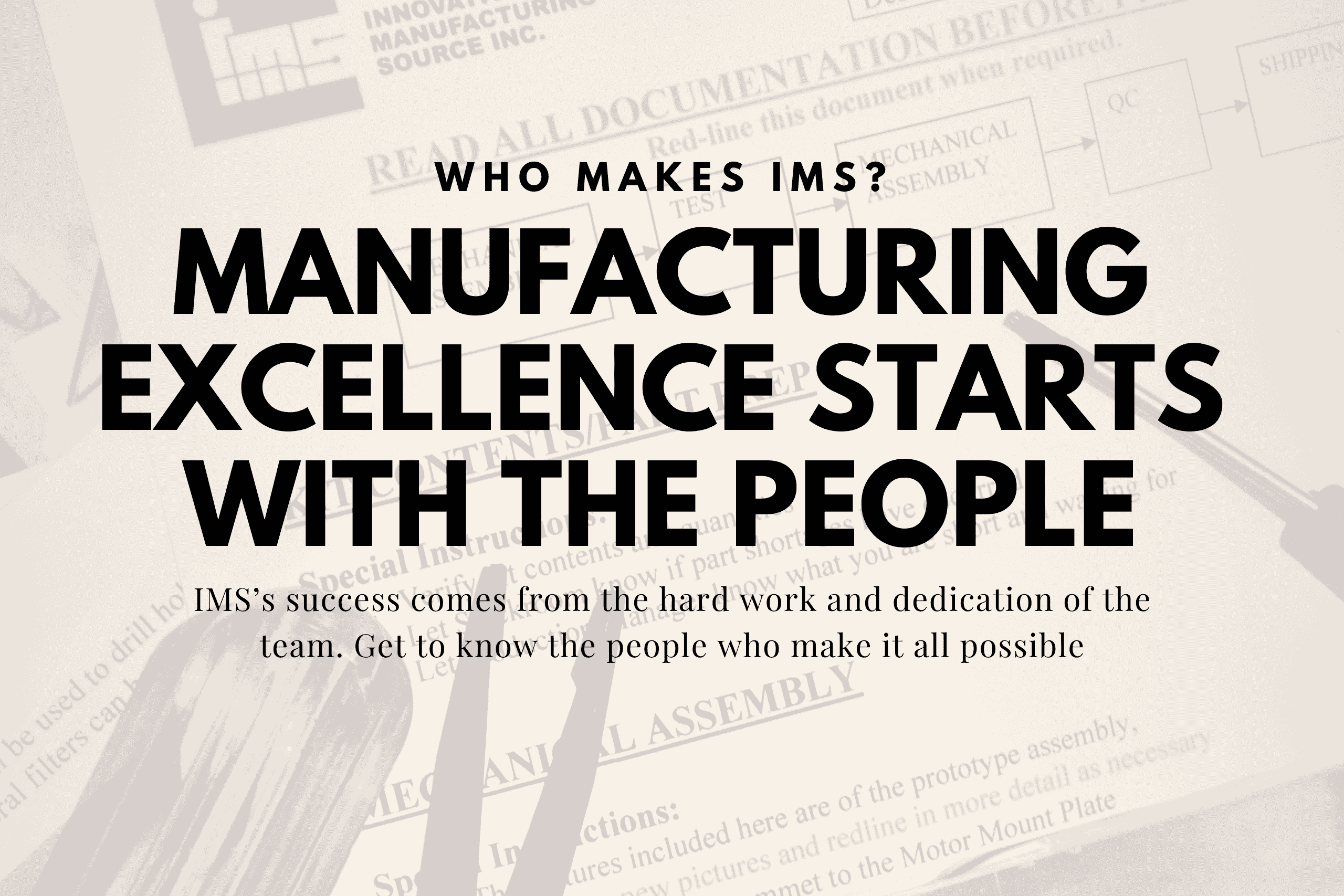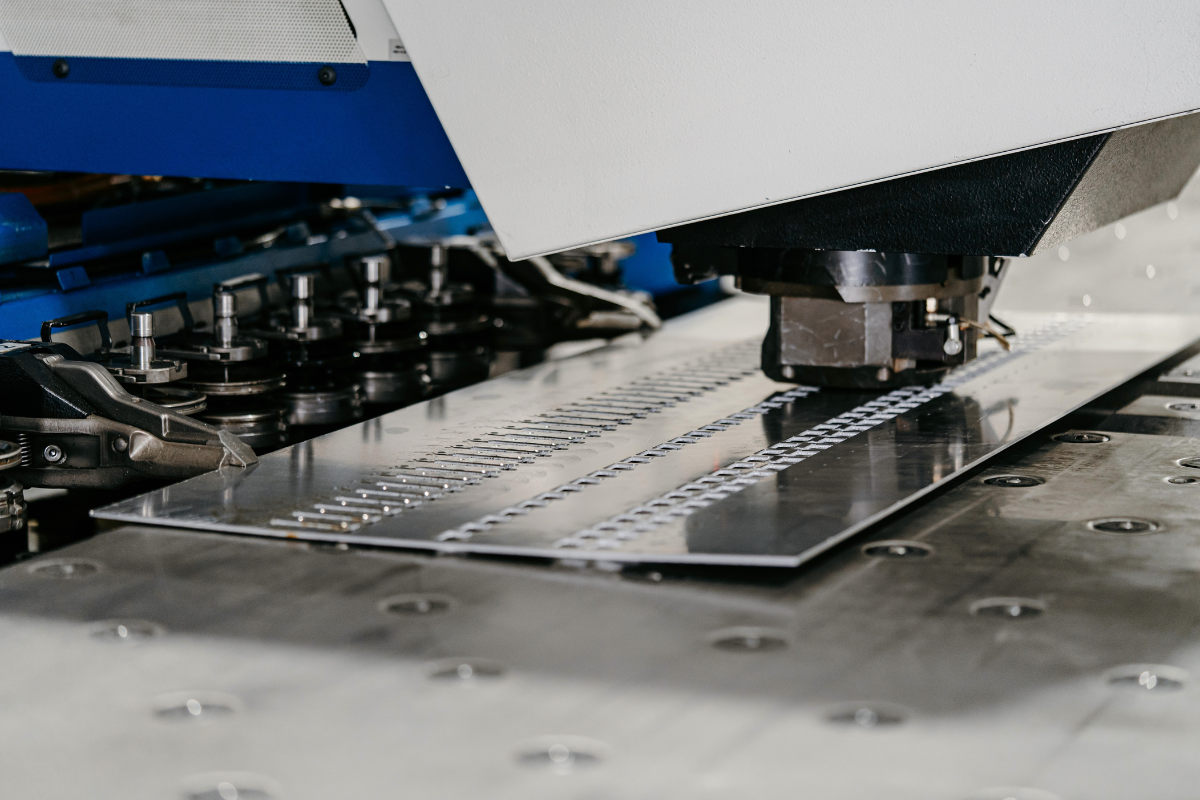Today’s electronics manufacturing industry faces growing challenges in design, production, and service cycles. To address these challenges, artificial intelligence (AI) has emerged as an essential driver of industry transformation. This integration of AI is revolutionizing the way we design, produce, and distribute electronics across the globe. In this article, we’ll explore how AI is driving this transformation, equipping us to thrive in a fiercely competitive market.
Understanding AI in Electronics Manufacturing
Artificial intelligence is transforming electronics manufacturing by integrating a variety of technologies like machine learning, deep learning, computer vision, and robotics. These tools work together to create smart systems that learn from data, make decisions, and execute tasks with minimal human oversight.
Machine Learning
At the core of AI in manufacturing, machine learning algorithms sift through data to detect patterns and predict outcomes. In the realm of electronics, this means machines can automatically spot and react to production anomalies, significantly improving quality control.
Deep Learning
Deep learning, a more complex branch of machine learning, imitates the human brain’s neural networks. This technology is brilliant in detailed image analysis, making it excellent for checking electronic components for even the slightest irregularities.
Robotics and Automation
AI-driven robots are revolutionizing assembly lines, working hand-in-hand with the human workforce to assemble everything from circuit boards to microchips with exceptional precision and improved efficiency.
Applications of AI in Electronics Manufacturing
The integration of AI across electronics manufacturing touches every part of the production process, transforming how products are made.
Automated Quality Control
AI significantly enhances quality control by using machine learning and computer vision to rigorously check components. This ensures all parts meet high standards, dramatically reducing errors and defects in the final products.
Predictive Maintenance
AI systems monitor equipment conditions in real time, detecting anomalies that could lead to breakdowns. This allows for timely maintenance, preventing costly interruptions and ensuring smooth operations in time-sensitive production schedules.
Supply Chain Optimization
AI is outstanding at managing complex data to streamline supply chain operations. It optimizes stock levels, improves demand forecasting, and refines material handling, making the supply chain more responsive and efficient.
Design Optimization
In the design phase, AI contributes significantly by enhancing PCB design and simulations. This support not only cuts down on prototyping time and costs but also boosts the energy efficiency and functionality of the electronics, ensuring optimal performance in the final products.
Benefits of AI in Electronics Manufacturing
Integrating AI into electronics manufacturing brings substantial benefits, boosting the efficiency of processes, the quality of products, and the flexibility to meet market demands.
Increased Production Efficiency and Speed
AI transforms production by automating previously slow and manual processes. This acceleration helps manufacturers meet increasing demands swiftly without sacrificing quality.
Enhanced Product Quality and Reliability
AI systems excel in identifying and correcting errors instantly, ensuring the final products meet the highest standards of quality and reliability. This consistency builds stronger consumer trust in the brand.
Reduced Operational Costs Through Optimized Processes
AI streamlines both production and supply chain operations, cutting down on waste, reducing energy use, and minimizing overtime. These efficiencies translate into significant cost savings for manufacturers.
Ability to Quickly Adapt to Market Changes and Customer Demands
AI enhances manufacturing agility, enabling quick adjustments to production lines and processes. This responsiveness ensures manufacturers can adapt to market shifts and customer needs, keeping them ahead in competitive environments.
Challenges and Considerations
While AI in electronics manufacturing offers numerous benefits, several challenges need careful consideration to ensure successful implementation.
Initial Costs and Integration Challenges
Implementing AI technology requires a significant upfront investment and the integration of new systems into existing setups. Businesses must weigh these initial costs against the potential long-term gains to determine their strategy.
Continuous Data Collection and Analysis
AI systems depend heavily on continuous and accurate data collection. Managing this data effectively requires a strong IT infrastructure and adherence to strict data security and ethical standards.
Balancing Human Labor and Automation
Integrating AI into manufacturing processes can disrupt traditional labor roles. It’s essential to manage this transition thoughtfully, aiming for a workforce where human skills and AI capabilities complement each other, enhancing productivity and job satisfaction.
Future Trends and Predictions
The future of AI in electronics manufacturing is poised for substantial growth, fueled by ongoing innovations and advancements.
AI is set to spearhead the next industrial revolution in electronics manufacturing. With its expanding role, we can anticipate further enhancements in areas like 3D printing and the dynamic reconfiguration of production lines, which will redefine manufacturing efficiency and agility.
New developments in AI technologies, such as edge computing and quantum computing, are expected to facilitate more localized AI processing. Additionally, innovative applications like digital twinning are emerging as game-changers, offering manufacturers unprecedented insights into optimizing their operations and product quality.
Leading the Charge Towards Innovation
As we look ahead, AI is more than just an emerging trend; it’s a vital element for staying competitive in electronics manufacturing. Adopting and integrating AI technologies allows companies to lead in innovation and maintain their edge in a fast-evolving market.
By incorporating AI, businesses can enhance every aspect of their production, from design to delivery, ensuring products are not only advanced but also embody the highest standards of efficiency and quality.
Ready to revolutionize your electronics manufacturing processes with AI? Contact IMS today to discover how our cutting-edge solutions can transform your operations and help you excel in the dynamic electronics market.




